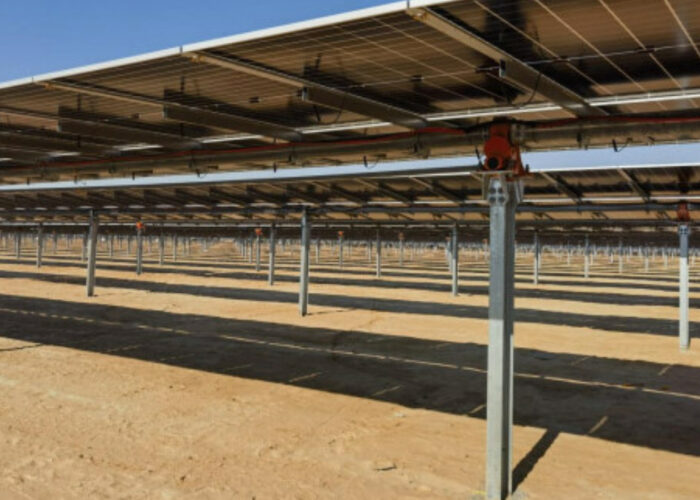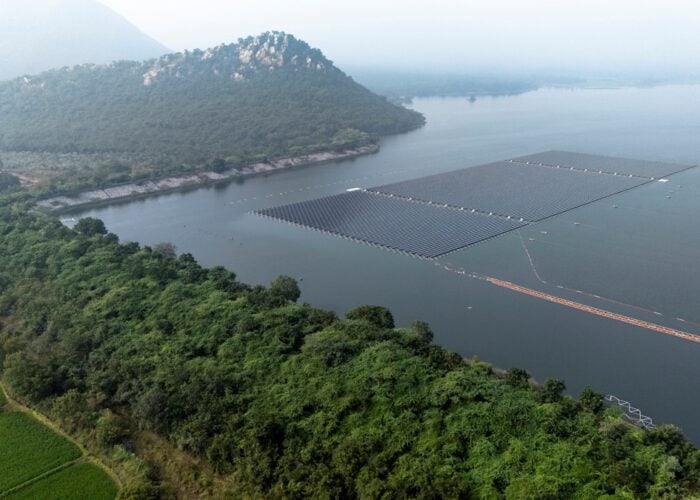Brazil must establish a “specific industrial policy” for domestic PV manufacturing so it can produce the 2GW of solar equipment necessary to operate 61 solar plants planned for 2017, according to the Brazilian Association of Photovoltaic Solar Energy (Absolar).
Rodrigo Sauaia, executive director of the trade body, welcomed the sale of 1,043MW of solar energy in the latest solar auction held on 28 August, along with the 1,048MW taken on the previous year.
Try Premium for just $1
- Full premium access for the first month at only $1
- Converts to an annual rate after 30 days unless cancelled
- Cancel anytime during the trial period
Premium Benefits
- Expert industry analysis and interviews
- Digital access to PV Tech Power journal
- Exclusive event discounts
Or get the full Premium subscription right away
Or continue reading this article for free
However he said: “Without industrial policy, manufacturers who want to settle in Brazil will not be able to compete in terms of price. The equipment produced in Brazil without the support of an industrial policy is much more expensive than international equipment because of excessive tax burden on inputs and machinery.”
He said the federal government needs to work closely with Absolar to structure the policy, which could be specific to the solar industry or brought in through the previous government’s incentive programme for the semiconductor industry, the Programa de Apoio ao Desenvolvimento Tecnológico da Indústria de Semicondutores (PADIS).
Currently, PADIS only affects 20% of inputs and machinery of the solar industry, leaving 80% of components to suffer taxes at rates between 40% and 60%, Sauaia added.
Furthermore the Brazilian Development Bank (BNDES) is only offering financing to players that follow a progressive nationalisation plan for equipment manufacturing:
-
From 2014 all modules must be assembled in Brazil
-
From 2018 junction boxes, inverters and support structures also need to be nationalized
-
From 2020, all photovoltaic cells must be produced in country
In talks with the Ministry of Mines and Energy, Absolar has also recommended that the next auction’s contracts have a period of 25 or 30 years, compared to the current 20 years, because this would set the term of the agreements for the life of the equipment and allow for extension of term financing.
Sauaia said: “Longer terms and longer contracts give more security for entrepreneurs.”
He added that this measure would even favour moderate tariffs.
Finally, Sauaia said it is positive that states, which did not compete in the 2014 auction, had competed in the latest auction and still managed to win competitive contracts.
This month SunEdison was reported to be building a PV module assembly plant in Brazil, with a decision on the capacity and location due in the next few weeks.
In August, Brazil’s largest solar panel manufacturing facility of 180MW was also inaugurated by manufacturer Globo Brazil, providing a major boost towards financing domestic PV projects.






